Voting Rights under the Sectional Titles Schemes Management Act 8 of 2011
The Sectional Titles Schemes Management Act 8 of 2011 (STSMA) governs how sectional title schemes operate in South Africa. One of the fundamental rights of owners within a sectional title scheme is the right to vote on key decisions that affect the management and administration of the scheme. Understanding voting rights ensures that owners can actively participate in the governance of their schemes.
Types of Voting Rights
The STSMA provides for two primary types of voting procedures used in sectional title schemes:
1. Voting by Ordinary Resolution
An ordinary resolution is passed when a simple majority (more than 50%) of owners present or represented at a meeting vote in favor of a motion. This type of voting is typically used for:
Approval of the annual budget.
Appointment of trustees.
General administrative decisions of the body corporate.
2. Voting by Special Resolution
A special resolution requires at least 75% of the total votes (both in number and participation value) in favor. Special resolutions are required for:
Amending the scheme’s conduct and management rules.
Approving major renovations or improvements to common property.
Authorizing legal action on behalf of the body corporate.
3. Voting by Unanimous Resolution
A unanimous resolution requires 100% agreement from all owners. This type of resolution is necessary for:
Fundamental changes to the scheme’s structure or legal standing.
Selling or mortgaging common property.
Waiving or reducing insurance coverage for the scheme.
Methods of Voting
Owners can cast their votes in different ways, depending on the scheme’s management rules:
In-Person Voting: Owners vote at general meetings by raising hands or by poll.
Proxy Voting: An owner may appoint another person to vote on their behalf if they cannot attend the meeting.
Voting by Written Resolution: Certain decisions can be made without a physical meeting if the required number of owners sign a written resolution.
Voting Rights Based on Participation Quota
The weight of an owner’s vote is often determined by their participation quota (PQ), which is based on the size of their unit in relation to the entire scheme. This ensures fair representation, especially in financial and administrative matters.
Challenging Unfair Voting Practices
Owners have the right to dispute voting irregularities or decisions that they believe were made unfairly. They can:
Request a recount or verification of votes.
Lodge a dispute with the Community Schemes Ombud Service (CSOS).
Seek legal recourse if voting procedures were not properly followed.
Conclusion
Voting rights under the STSMA ensure that sectional title schemes operate democratically and transparently. Owners must understand their rights and responsibilities in voting processes to effectively influence decisions that affect their property and the overall scheme. Active participation in meetings and adherence to voting rules help maintain a well-governed and harmonious sectional title community.









